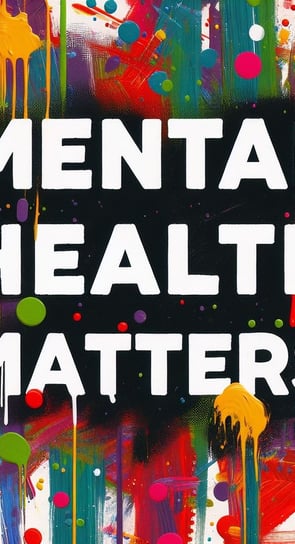


PTSD
Symptoms
Flashbacks and nightmares
Feeling anxious, irritable, or guilty
Having trouble sleeping or concentrating
Having negative thoughts about the event
Avoiding anything that reminds them of the event
Being easily startled
Reckless or self-destructive behavior
When to seek help
Most people will recover from these symptoms over time. However, if these negative reactions don't go away, and interfere with someone's daily life, they might be suffering from PTSD.
Treatment
There are effective treatments for PTSD. It's possible for PTSD to be successfully treated many years after the traumatic event.
Self-care
Some self-care techniques for PTSD include: Focusing on breathing, Keeping a diary, and Trying grounding techniques.
Helping someone with PTSD
You can help by being a good listener, being positive, and asking how you can help.Art therapy may alleviate trauma-induced emotions, such as shame and anger. It is also likely to increase trauma survivors' sense of empowerment and control by encouraging children to make choices in their artwork. Art therapy in addition to psychotherapy offered more reduction in trauma symptoms than just psychotherapy alone.
Art therapy may be an effective way to access and process traumatic memories that were encoded visually in clients. Through art therapy, individuals may be able to make more sense of their traumatic experiences and form accurate trauma narratives. Gradual exposure to these narratives may reduce trauma-induced symptoms, such as flashbacks and nightmares. Repetition of directives reduces anxiety, and visually creating narratives helps clients build coping skills and balanced nervous system responses. This has been proven effective only in long-term art therapy interventions.


